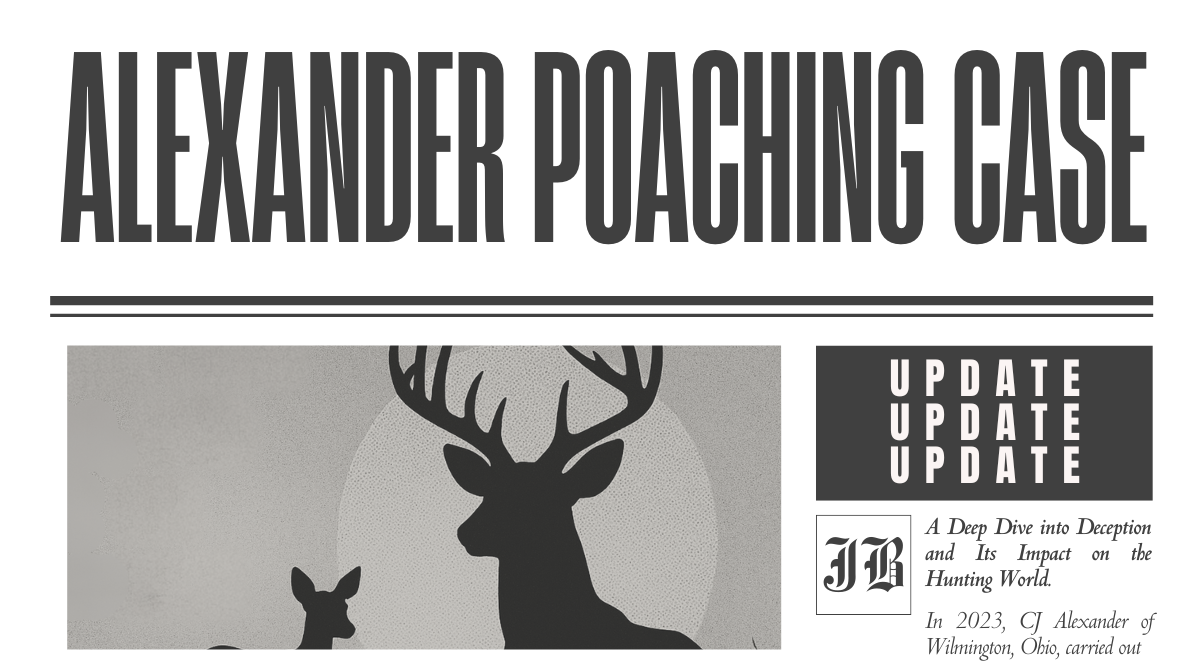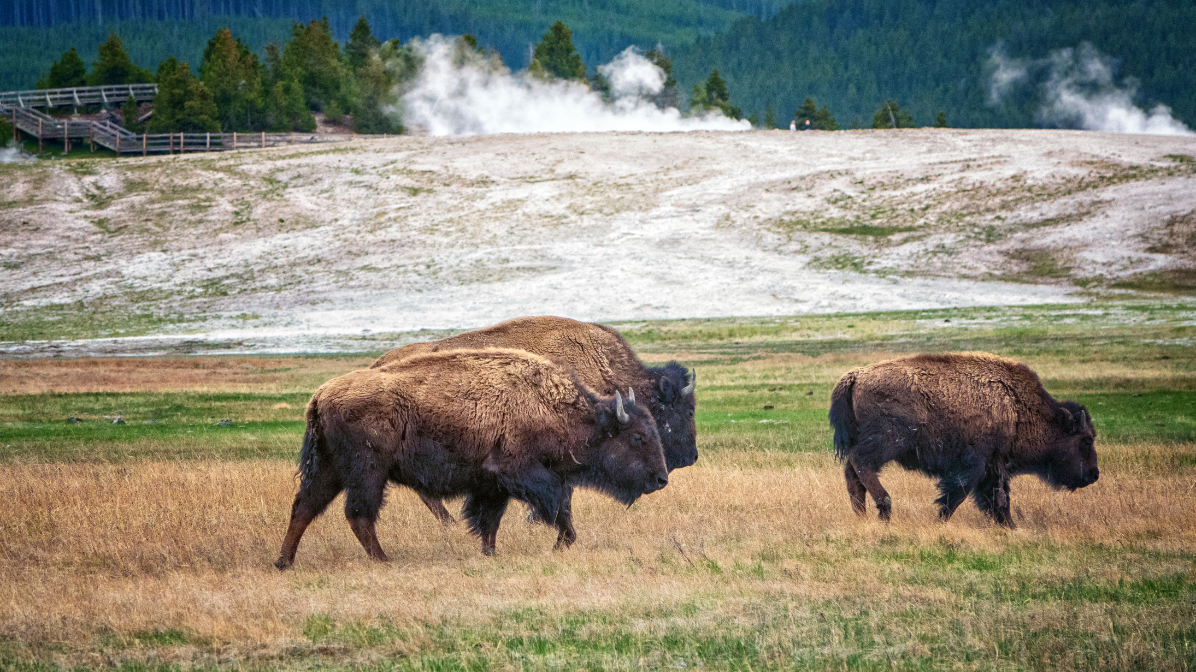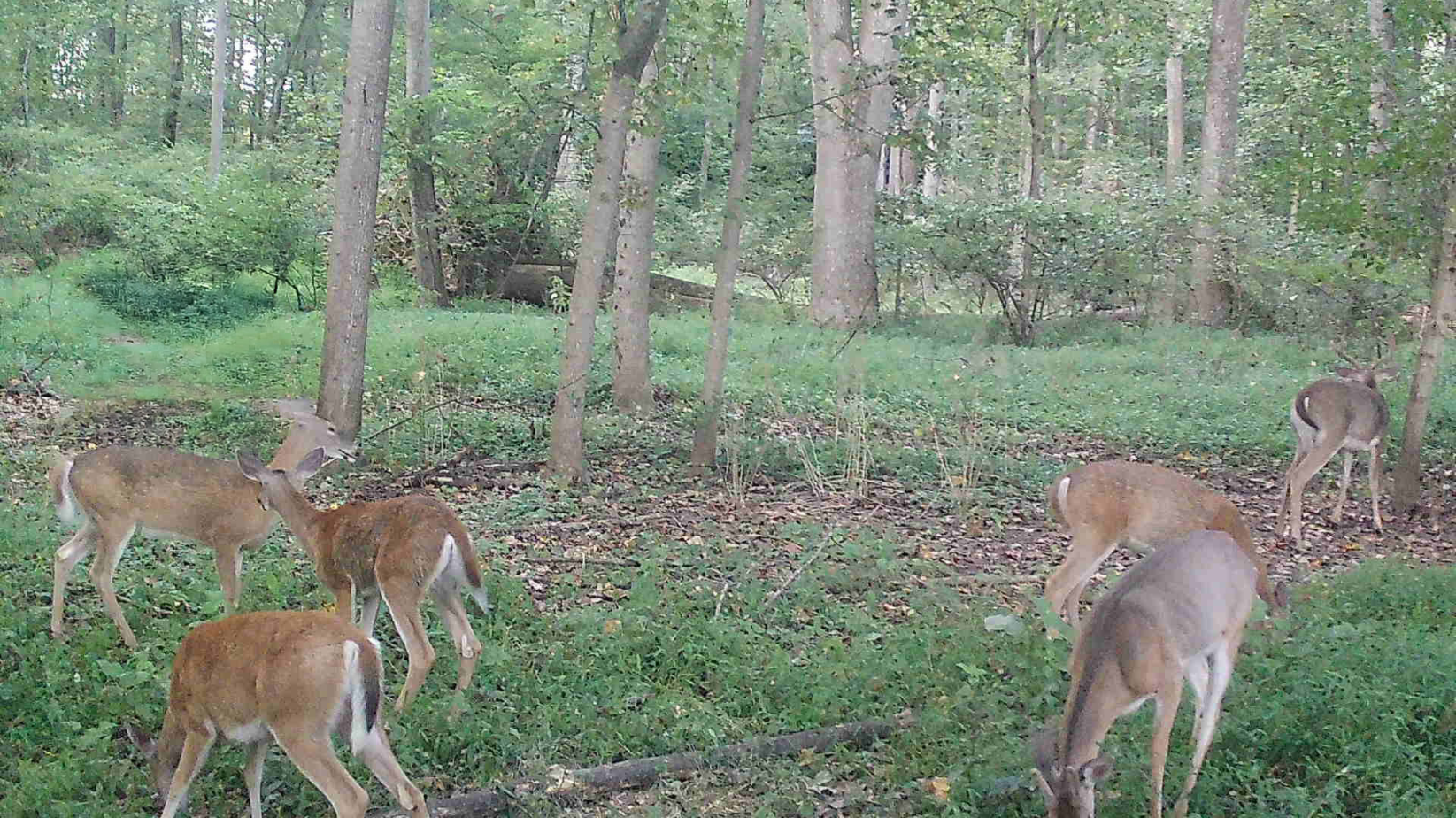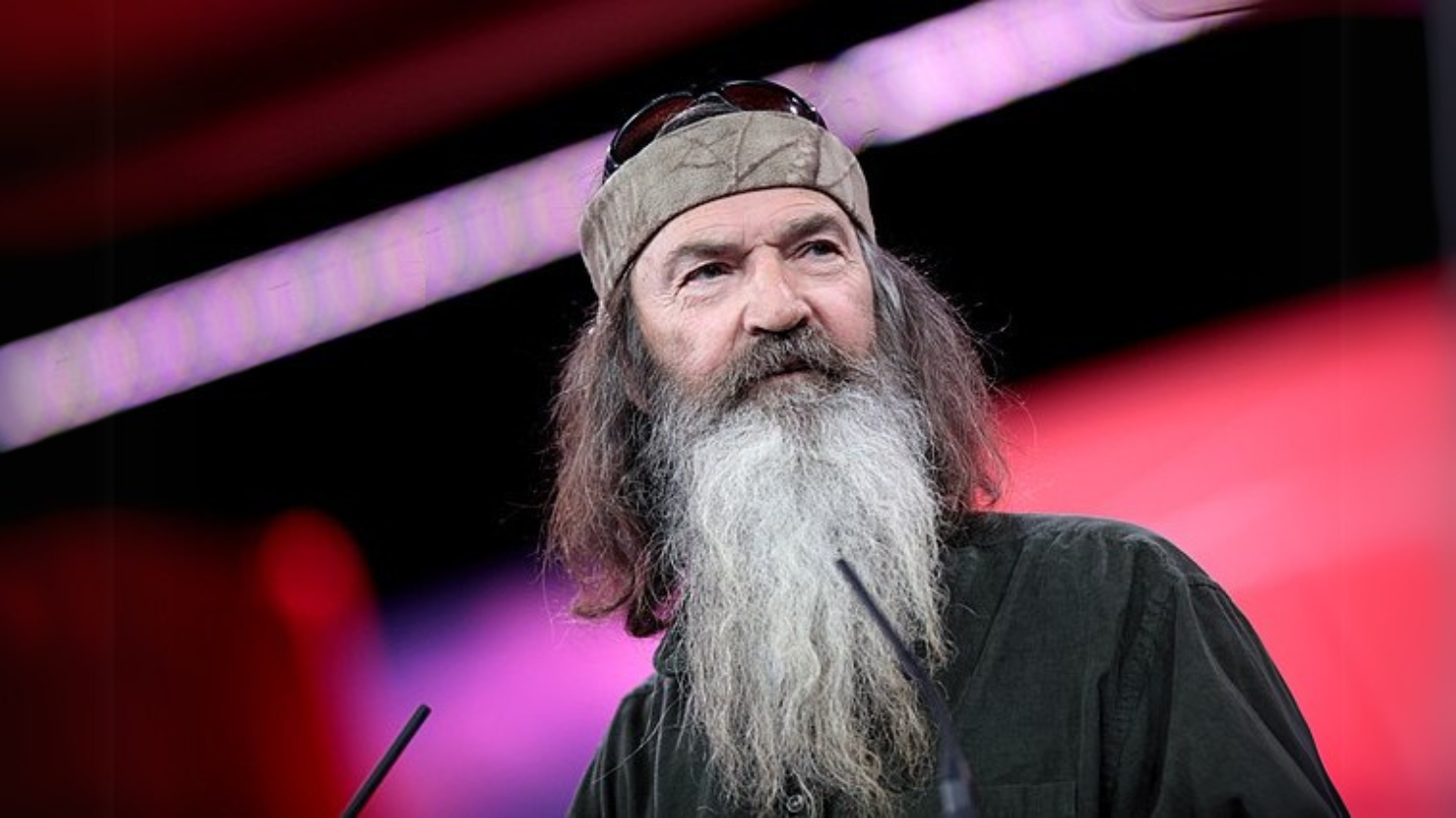CJ Alexander Poaching Case: Ethics, Accountability & Fallout

A Deep Dive into Deception and Its Impact on the Hunting World
In 2023, CJ Alexander of Wilmington, Ohio, carried out one of the most outrageous poaching schemes in recent memory. He illegally harvested an 18-point white-tailed buck—one of the largest ever seen in Ohio—on private land without permission. Rather than own up to it, he spun an elaborate lie: claiming to have shot the buck legally on his sister’s property. He then staged photos, falsified documents, and even enlisted accomplices to help make the story appear legitimate.
But that wasn’t the extent of the deceit. Alexander texted about how the deer would bring in “buying-a-house type money,” started a GoFundMe page, and lined up promotional deals—all built on fraud. Investigators later used GPS data and metadata from photos to prove his story was a lie. He pleaded guilty to 14 charges, including felonies for theft by deception and tampering with evidence.
In 2024, he was sentenced to 180 days in jail (with 90 days suspended), fined $43,000 in restitution—the largest single-animal fine in Ohio history—and lost his hunting privileges for a minimum of 10 years. His sister and two friends were also convicted for their roles in the cover-up. The buck, once seen as a potential state record, now symbolizes dishonor and the consequences of ego-driven dishonesty.

Why This Case Struck a Nerve
1. Pre-Meditated Fraud
This was not a heat-of-the-moment violation—it was a long-planned deception. Alexander knowingly misled the public, the state, and the hunting community for personal gain. That kind of calculated fraud cuts deeper than a simple mistake.
2. Profit Over Principle
From sponsorship deals to a GoFundMe campaign, Alexander was prepared to monetize the lie. That reinforces a damaging narrative: that some hunters care more about glory and profit than stewardship and ethics.
3. Complicity of Others
The fact that his sister and friends helped perpetuate the fraud raises concerns about cultural tolerance of unethical behavior—even if it’s limited to a few bad actors.
4. The Magnitude of the Animal
This wasn’t just any deer. This was possibly a state-record buck—a once-in-a-lifetime animal. Its loss amplifies the violation, and for many hunters, it’s a heartbreak.
5. Headline-Level Punishment
The scale of the punishment—jail time, the largest restitution fine in state history, and public disgrace—was appropriate. But the headline damage it caused to public perception may take years to undo.

Why It Matters
This case has gone viral not just because of the size of the deer or the scale of the punishment—but because it plays into every negative stereotype non-hunters may already have. It presents hunting as trophy-obsessed, ego-driven, dishonest, and exploitative. That’s not the reality for the overwhelming majority of hunters—but perception is powerful, and it shapes policy, public support, and the future of the tradition itself.
The Path Forward: Reclaiming the Integrity of the Hunt
The CJ Alexander Poaching Case is painful for the hunting community—not only because of what he did, but because of what it now represents in the eyes of the public. For the vast majority of hunters, this story cuts deep. Most outdoorsmen and women are intensely ethical. They follow the law, respect private property, honor the animals they pursue, and understand their role in conservation. That’s what makes this case feel like such a betrayal—it’s a stain on a tradition that so many work hard to uphold.
But this moment also presents an opportunity. The only way to push back against the damage done is with truth, accountability, and transparency. Ethical hunters must be louder than the headlines. That means speaking up when others cross the line—whether it's poaching, falsifying harvests, or treating wildlife like a commodity. It means not making excuses for unethical behavior, even if it comes from someone within the community.
We also need to do a better job of showing the public what responsible hunting really looks like. There are countless stories of hunters passing on animals out of season, turning in mistaken harvests, and teaching young hunters to value patience over ego. These stories may not go viral, but they build trust—and we need to tell them more often.
Finally, we must continue to support wildlife officers and enforcement agencies who protect our shared resources. They are not working against hunters—they are working for the future of hunting. Respect for the law isn’t optional if we want the privilege of this lifestyle to endure.
What CJ Alexander did was selfish, calculated, and shameful. But it doesn’t define hunting. What defines hunting is the millions of sportsmen and women who wake up before dawn, respect the land, follow the law, and live by a code. They are the face of this tradition—not a poacher who chased headlines at the expense of the truth.
Conclusion
The CJ Alexander poaching case is a reminder of what’s at stake when ego replaces ethics. The repercussions weren’t just legal—they were cultural. For ethical hunters, this is a moment not just to be disappointed, but to be resolved. Hunting’s future depends on integrity, and it’s up to every one of us to make sure that’s what defines it.
Want to stay updated on ethical hunting news and conservation topics? Subscribe to our newsletter.




